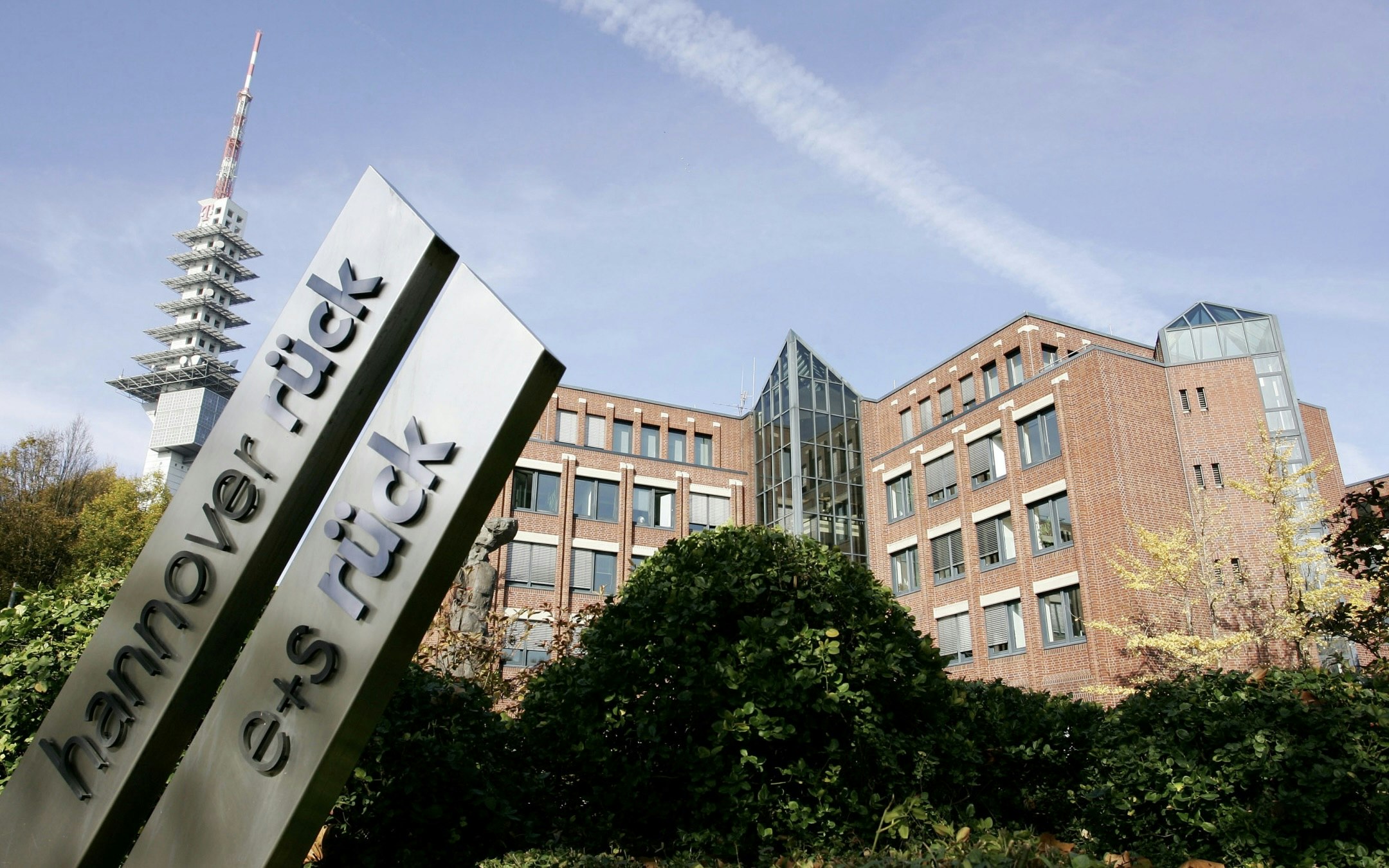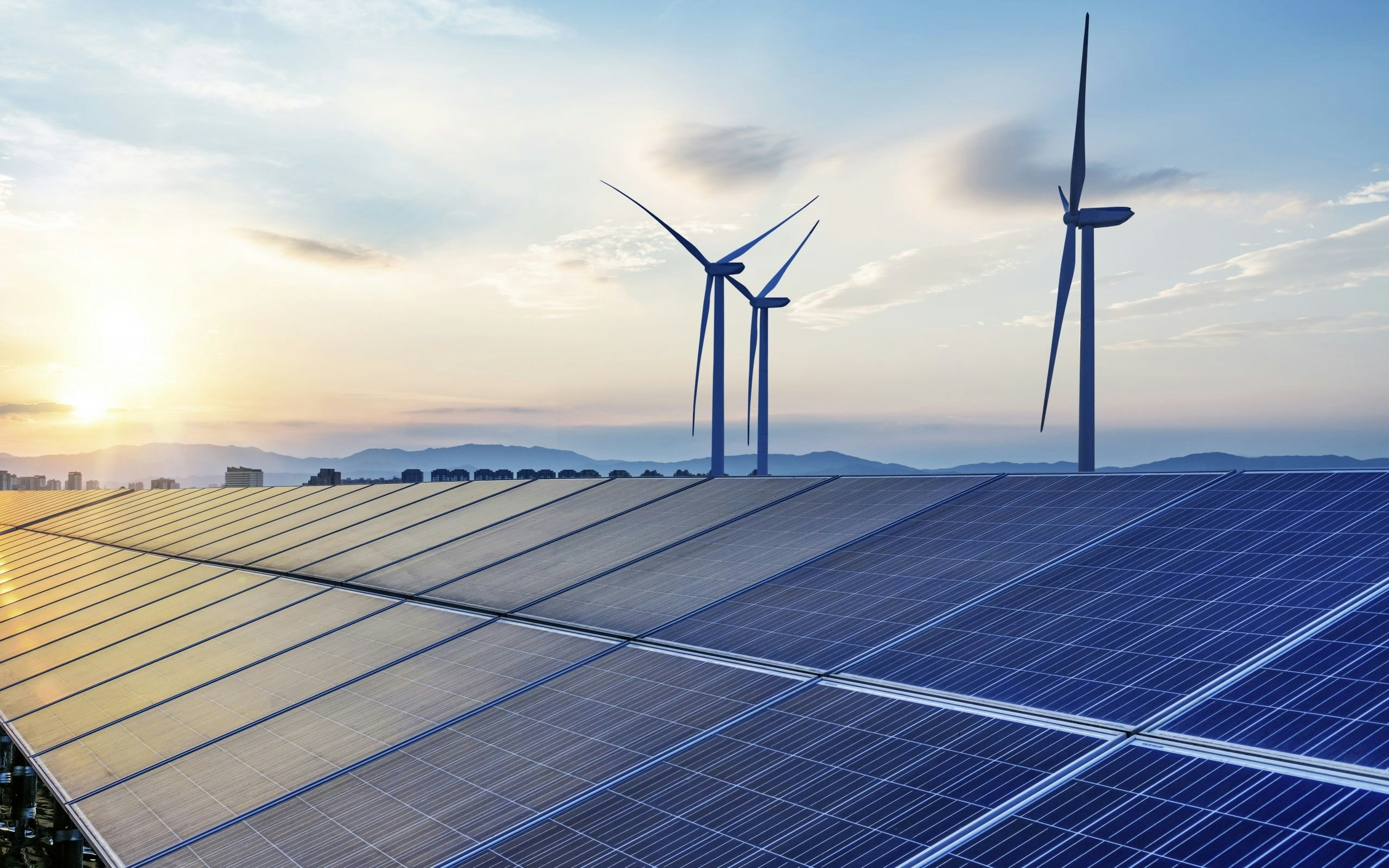CSU leader and Bavarian Prime Minister Markus Söder used his appearance at the Climate Conference organized by SPIEGEL and Boston Consulting Group (BCG) for harsh criticism of the Greens and defended Bavaria's climate protection course. Söder emphasized that climate protection is possible without the Greens and sharply attacked the traffic light coalition for their decisions on the gas levy, the heating law, and the nuclear phase-out.
One must pursue climate protection policies, but there is certainly no need for the Greens," stated Söder. Climate protection is a matter of economic common sense, which is being advanced in Bavaria. He particularly criticized the simultaneous phase-out of nuclear energy and coal power. He again advocated for the use of nuclear energy to more quickly manage the coal phase-out and complained that there are no compensations for the phase-out of nuclear energy, unlike for coal.
Söder also rejected the criticism that Bavaria is lagging behind in the expansion of wind power. He emphasized that the state had adjusted its laws and is now "actually moving forward" in the expansion of renewable energies. Photovoltaics, he said, remains a central pillar of the energy transition in Bavaria.
Söder further stated that the acceptance of climate protection among the population is at risk, partly due to the actions of the "climate stickers." He also criticized the abolition of the electric car subsidy and the lack of commitment from the federal government in promoting hydrogen projects and flood protection. "This cannot be," he concluded.
Despite his sharp criticism of the Greens, Söder made it clear that Bavaria pursues a strong climate protection policy. At the same time, he warned of economic losses that the federal state could face due to a lack of wind power and insufficient transmission infrastructure.







